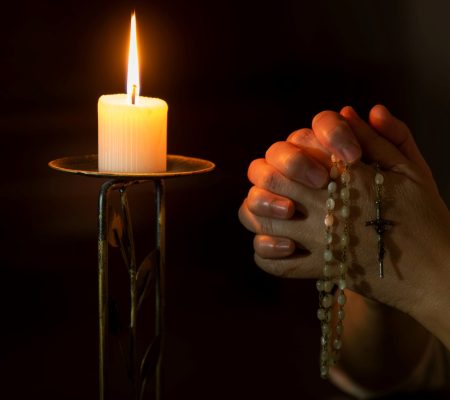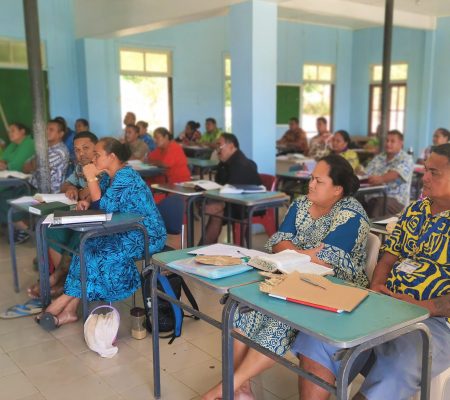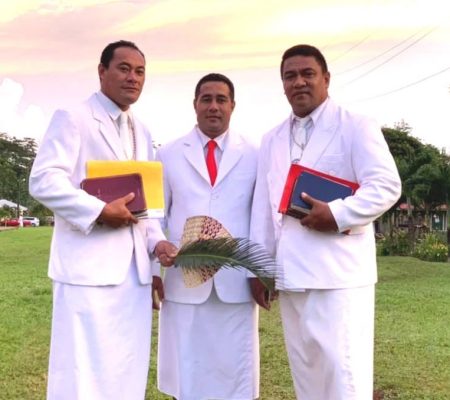Institutional Goals
Human Formation
- To provide opportunities for personal growth and character development for candidates to the diaconate and priesthood, so that they can become virtuous men of the Church who demonstrate affective maturity and reflect as far as possible the human perfection of Jesus Christ.
- To provide a climate that supports a commitment to a chaste celibate life-style and fosters a process of lifelong conversion.
- To promote an environment that is respectful of diversity in culture, age and education in order for students to reflect the Gospel and the person of Christ and to enhance ministerial strengths.

Spiritual Formation
- To provide an environment where candidates for the diaconate and priesthood may develop a deep and well-integrated spirituality rooted in the richness of the Catholic tradition. The MTC will offer a comprehensive program of experiences for the progressive growth and development of these men in their spiritual life. Areas of the spiritual life that are part of the program include: his personal relationship with Jesus Christ, his commitment to the Church, and living his diaconate and priestly vocation through prayer, simplicity of life, obedience, pastoral service, and celibate chastity with integrity and joy.

Intellectual Formation
- To offer academic formation for undergraduate and introduces them to wide dimensions of human learning and the cultural roots of their faith, and assists them in development of skills in communication and critical thinking in order to prepare them intellectually for graduate theological studies.
- To provide graduate students a theological education that covers the range of Christian doctrine, so that, theologically informed and solidly grounded in the Catholic tradition, they can teach, preach and celebrate with knowledge and skill in ordained and other ecclesial ministries.

Pastoral Formation
- To provide ministerial experiences, pastoral skills training, and opportunities for theological reflection for seminarians so that they can become effective pastoral ministers who model and live servant leadership. Pastoral Formation makes use of a three pronged approach: academic formation, intentional field education placements, and evaluative rubrics that stress the essential
collaborative relationship between the four dimensions. - To provide opportunities for candidates to develop a priestly identity.
- To help students acquire the skills of pastoral charity, generosity, humility, and self-giving service.

QUESTIONS?
Whether you are interested in learning more about your faith or wish to pursue a career in ministry or pastoral areas you will find something at Moamoa Theological College and Seminary to meet your needs. We’re here to answer any questions.
